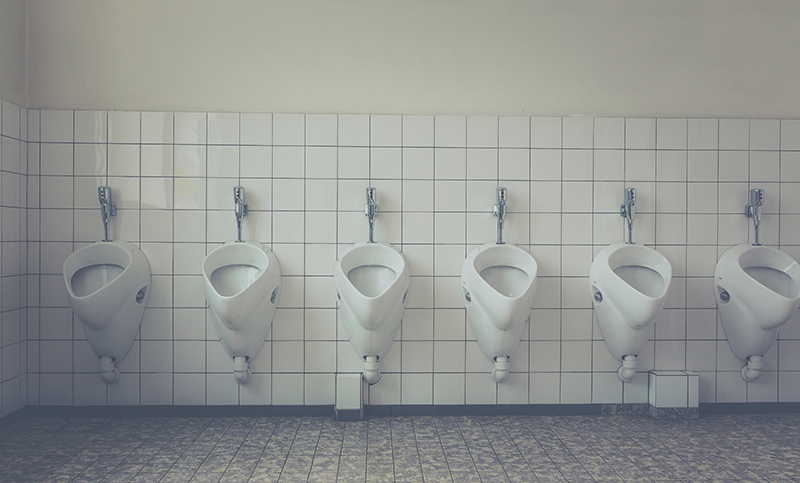What the colour of your urine could mean
What the colour of your urine could mean

While going to the toilet is a part of everyday life, we never really stop to think about how much it can tell us about our health. In particular, the colour of our urine can tell us a lot about what’s going on inside our bodies.
The colour of your urine may change for many reasons, including the food you eat, the medicines you take or other medical conditions. Check out our guide to find out what the colour of your urine could be saying about your health.
Healthy Urine
Normal urine colour can vary, depending on how much water or other fluids that you drink. Fluids dilute the yellow pigments in urine, so the more you drink, the clearer your urine looks. When you drink less, the colour becomes more concentrated and yellow in colour.
Dark Urine
It is important to note that dark yellow coloured urine could signify severe dehydration, so be sure to drink plenty of water. When your urine appears as a darker shade of yellow, or even brown, it could be a sign that you have low urine volume. A major risk factor for kidney stones is a constant low urine volume, so if you notice your urine is frequently this colour, be sure to get in contact with a healthcare professional.
Red or Pink Urine
Despite its alarming appearance, red urine isn’t always as serious as you may think. Red or pink urine can be caused by:
- Blood: Urinary tract infections, an enlarged prostate, cancerous and noncancerous tumours, kidney cysts, long-distance running, and kidney or bladder stones are just a few possible causes for blood being present in urine.
- Foods: Beetroot, blackberries and rhubarb are just a few foods which can turn urine red or pink.
- Medications: Certain antibiotics such as Rifampin and phenazopyridine can have an effect on the colour of your urine.
Orange Urine
Orange urine can result from:
- Medications. Medications that can turn urine orange include the anti-inflammatory drug sulfasalazine (Azulfidine); phenazopyridine (Pyridium); some laxatives; and certain chemotherapy drugs.
- Medical conditions. In some cases, orange urine can indicate a problem with your liver or bile duct, especially if you also have light-colored stools. Dehydration, which can concentrate your urine and make it much deeper in color, can also make your urine appear orange.
Blue or Green Urine
Blue or green urine might sound unusual, but is more common than you think. It may be caused by:
- Dyes: Brightly coloured food dyes can cause green urine, while some dyes used for some tests of kidney and bladder function can turn urine blue.
- Medications. A number of medications produce blue or green urine, including amitriptyline, indomethacin and propofol.
- Medical conditions. Familial benign hypercalcemia, a rare inherited disorder, is sometimes called blue diaper syndrome because children with the disorder have blue urine. Green urine sometimes occurs during urinary tract infections caused by pseudomonas bacteria.
Brown Urine
Brown urine can result from:
- Food. Eating large amounts of some foods such as fava beans, rhubarb or aloe can cause dark brown urine.
- Medications. A number of drugs can darken urine, including the antimalarial drugs chloroquine and primaquine, the antibiotics metronidazole (Flagyl) and nitrofurantoin (Furadantin), laxatives containing cascara or senna, and methocarbamol — a muscle relaxant.
- Medical conditions. Some liver and kidney disorders and some urinary tract infections can turn urine dark brown.
- Extreme exercise. Muscle injury from extreme exercise can result in pink or brown urine and kidney damage.
It is important to talk to a trusted professional when it comes to your health. If you have any questions about urine colour and what it might mean, or would like to book an appointment, please feel free to contact or call Dr Arianayagam’s office on 1300 307 990 and his staff will be able to assist.

Decoding Hematuria: Unraveling the Mystery of Blood in Urine
Blood in the urine can be caused by several different issues, ranging from strenuous exercise to kidney disease or bladder…

Understanding Kidney Stones: Causes, Symptoms, and Treatment Options
While most kidney stones will pass on their own accord, larger stones may require surgery. Here’s an overview of kidney…






